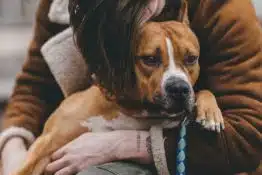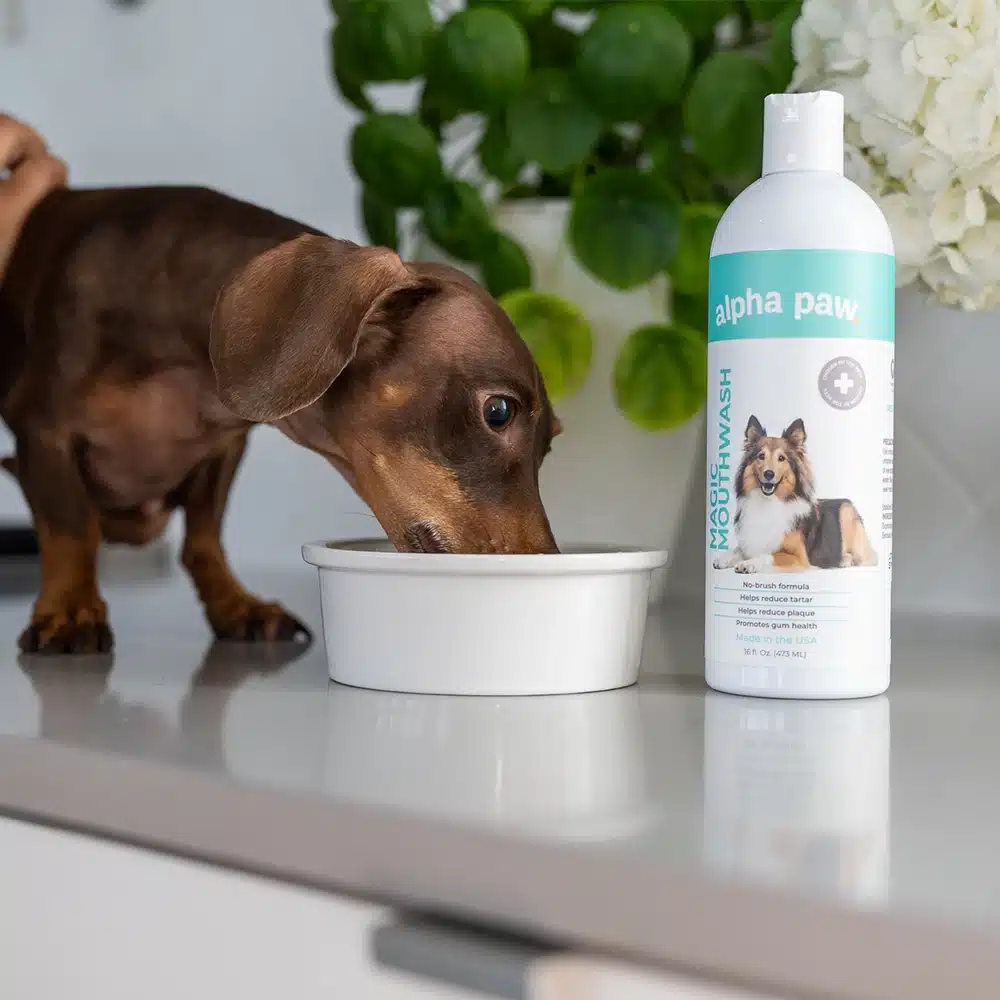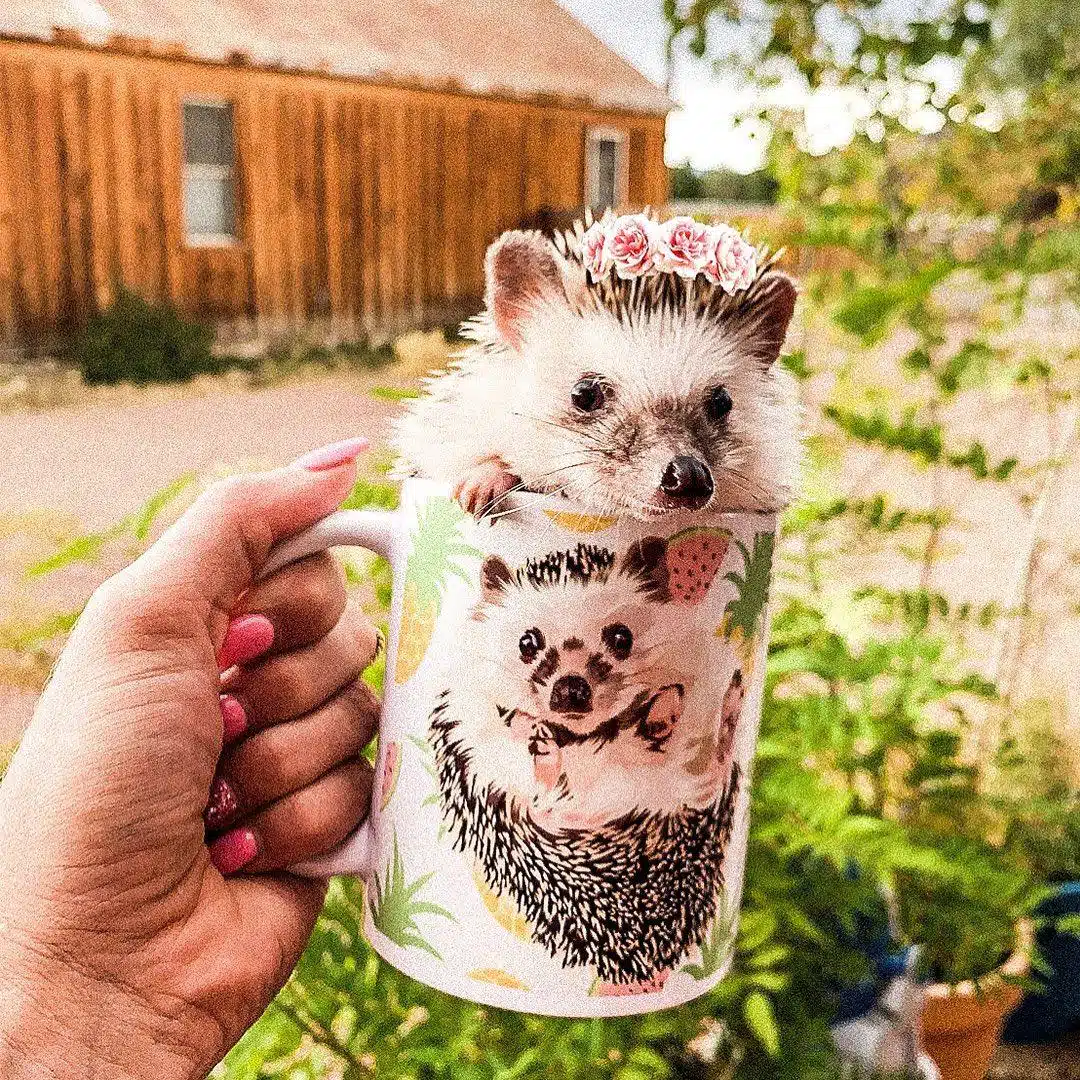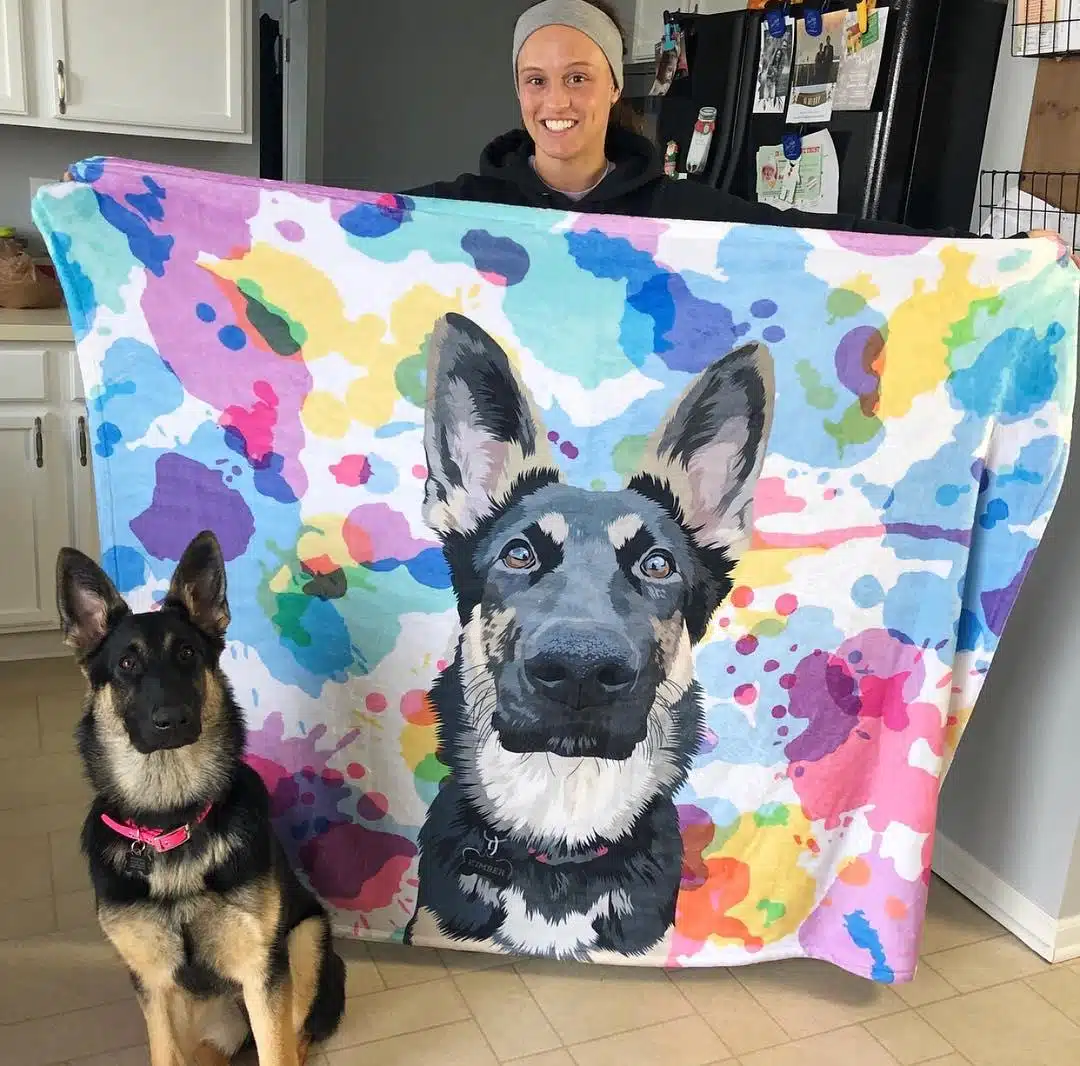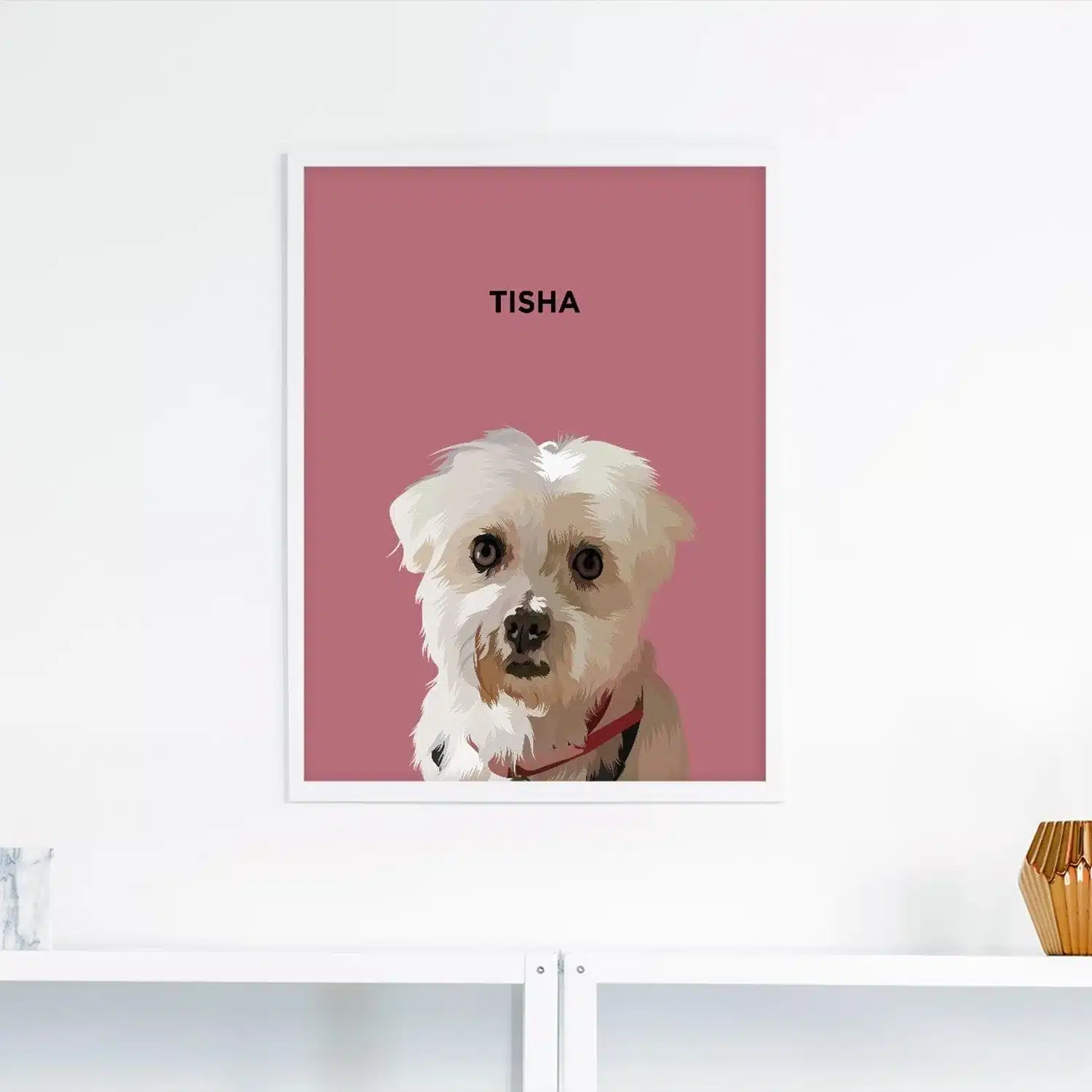The Truth About Dachshunds and Coronavirus
The biggest topic of discussion and concern at the moment is the Coronavirus. It’s a worldwide pandemic that is affecting millions of people. Between businesses laying off employees, schools shutting down, and people of all ages fearing for their health, it’s more crucial than ever to be as informed as possible.
We are not only worried about our own health, we are worried about the well being of our loved ones, which of course includes our beloved Dachshunds.
Here at AlphaPaw, we want to share as much information as possible regarding the correlation between the Coronavirus and Dachshunds so you can be aware and take proper precautions to ensure your fur baby is safe.
What Veterinarians Are Saying About Dachshunds and the Coronavirus
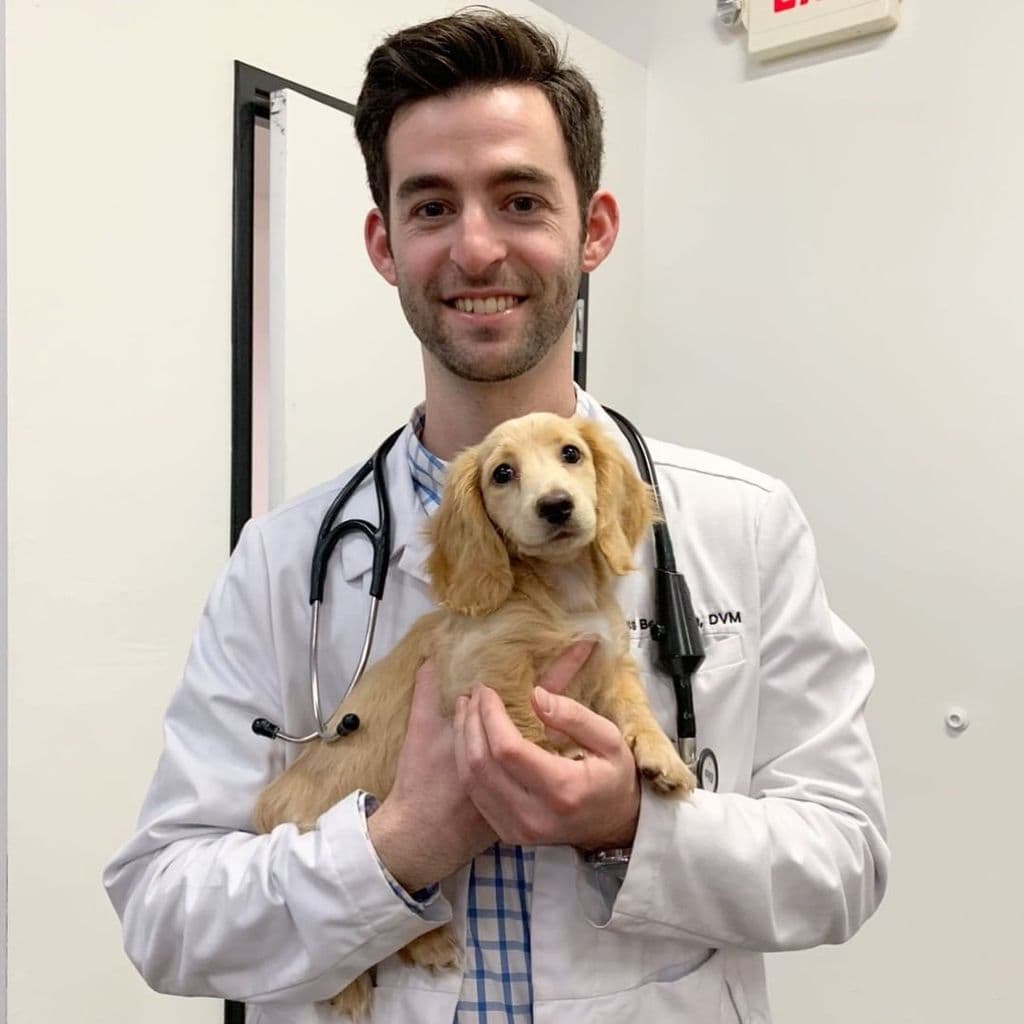
Coronavirus Vaccines
When it comes to our Dachshund’s health, the best advice we can get is from veterinarians.
Here at AlphaPaw, we make it a priority to consult with veterinarians when it comes to the health and happiness of our customers and their fur babies. One of our dedicated advisors, Dr. Ross Bernstein, DVM, posts informative advice and facts on his popular Instagram page, and we wanted to share a quote from his recent post about the virus:
The One Thing Pet Owners Regret Not Doing Until It’s Too Late
Is your pet safe?
1 in 3 pets will need emergency veterinary treatment each year and it is estimated a pet receives emergency care every 2.5 seconds in the U.S.
The average cost of treating a broken bone in dogs is $2,700. Cancer treatments? Up to $10,000.
It’s why so many pet owners say their biggest regret isn’t the vet bill—it’s not having pet insurance when they needed it most.
Ask yourself: “If an unexpected $5,000 vet bill hit tomorrow, could I afford it?”
If the answer is no, it’s time to get covered.
Take a look at Lemonade. They have a great app that actually works, they have an instant chatbot that is faster and, dare we say it, friendlier than most companies’ “real” customer service and a quick scroll through Reddit will uncover… people are really vibing with this brand.
So go check them out and take a look. It takes less than a minute.
“To everyone wondering, there is no vaccine for ? COVID-19 for people or animals at this time. Veterinarians ??⚕️??⚕️ are familiar with other coronaviruses, which are similar, but are different coronavirus species.
There is a vaccine for a canine coronavirus, however, this vaccine does not cross protect for COVID-19. This vaccine is actually not recommended by the AAHA guidelines on the grounds that infection: (1) causes mild or subclinical disease, (2) generally occurs in dogs 6 wk of age and younger, and (3) is typically self-limiting.”
Following a Repot by CNN About the Shocking Number of Abandoned Pets, Dr. James Greenwood Addressed to Topic on his Instagram:
CNN recently released a report bringing to light a very sad number of pets that have been abandoned as a result of the virus, as people fear they can contract the virus from their pet.
To prevent any more abandonments, Dr. Greenwood cleared the air by stating: “Current evidence suggests that pets CANNOT get SICK from this strain of Coronavirus (COVID-19) and they are not themselves indicated in the SPREAD of disease….”
WHY IS HANDWASHING SO IMPORTANT?
According to Dr. Greenwood, “there is still the potential risk of the coronavirus surviving on the fur of a pet if, for example, an owner with coronavirus handles the collar and lead etc therefore: for those OWNERS TESTING POSITIVE FOR CORONAVIRUS
Follow this specific advice from @britishvets” :
- If your pet requires care, wash your hands before and after any interaction with them and wear a face mask if possible.
- Keep cats indoors if possible and try to arrange for someone else to exercise dogs.
- Take care to restrict any contact with the person walking your dog and making sure they practice good hygiene.
This advice is given to reduce the likelihood of your pet spreading the disease through environmental contamination on their fur – there is no evidence that pet animals play a role in the spread of the disease or that they become sick themselves.
It is our hope that this information will prevent any more pets being wrongfully abandoned.
Some more tips from Dr. Greenwood:
- If your pet shows clinical signs, please do not take it to the vet but call the practice for advice.
- If your pet requires emergency treatment, call the practice for further advice.
- Do not take your pet to the surgery unless the vet instructs you to.
- You may need to arrange for someone else to transport your pet for treatment.
**** PLEASE NOTE – THE SITUATION IS CHANGING DAILY AND ADVICE MAY CHANGE ***
This Topic is so Important, Even the World Health Organization Chimed in…
The Experts Have Spoken
According to the World Health Organization , “At this time, experts believe it is very unlikely. The World Health Organization currently advises that there is no evidence to suggest that dogs or cats can be infected with the new coronavirus.”
This is important information because this will save a lot of dogs and cats from being abandoned, and it will allow Dachshund parents to focus on the rest of the household and not worry if their fur baby will get ill.
But wait, Didn’t a Dog in Hong Kong Test Positive?
To cure any confusion, the World Health Organization touched on this subject as well.
They released a statement about the dog that tested positive, clarifying:
“This canine patient was in close contact with an infected human, who was likely shedding large quantities of the virus. This led to the virus being in the dog’s nose. There is no indication that the dog is sick or showing any symptoms.
Authorities say they will continue to quarantine and test the dog to evaluate if the canine patient becomes ill. In short, there was coronavirus on the dog just like there was coronavirus on the floor in the room but the dog was not infected or diseased.”
Practical Protection For Your Family (Including Pets)
Regardless of the statements from veterinarians and other renowned health organizations, it’s still important to take proper precautions with your entire family (including Dachshunds). Better safe than sorry!
Here are some tips to prevent the virus from spreading and keep everyone in your home as healthy as possible:
- Be sure to wash your hands as often as possible with soap and water.
- If washing your hands isn’t an option, be sure to use hand sanitizer to kill any germs.
- Try your best to avoid touching your face.
- If you know someone is sick, don’t interact with that individual.
- If you feel under the weather, don’t leave the house and put others at risk.
- If you cough or sneeze, cover your mouth with a tissue, then throw the tissue away.
- Frequently touched surfaces should be disinfected constantly.
- Personal space is key!
- Ask your vet for proper vaccinations to prevent your Dachshund from developing any respiratory illness.
- Knock on wood, but if you are diagnosed with the virus, wear a face-mask to prevent the virus from spreading to anyone around you.
- If you have friends and/or relatives that are elderly, check in to make sure they have enough supplies and proper care, including their pets.
80% of Dogs Develop Arthritis or Joint Pain by 7 Years old – Here’s How to Protect Them
Most of us train our dogs when they are puppies to jump up on furniture. We think it’s harmless (and easier than always lifting them), but for dogs, couches and beds are very high compared to the size of their bodies.
Every time they jump it compresses their back and applies enormous force to their joints.
It’s no wonder that an incredible 80% of dogs experience arthritis or joint pain by only 7 years old.
Luckily, there is a vet-recommended solution.
It’s the PawRamp by Alpha Paw. An adjustable ramp that allows dogs to safely get on and off couches and beds. PawRamp makes joining you in bed or on the couch effortless and fun.
As a bonus, you can use code SAVE35 to get $35 off the PawRamp today.







